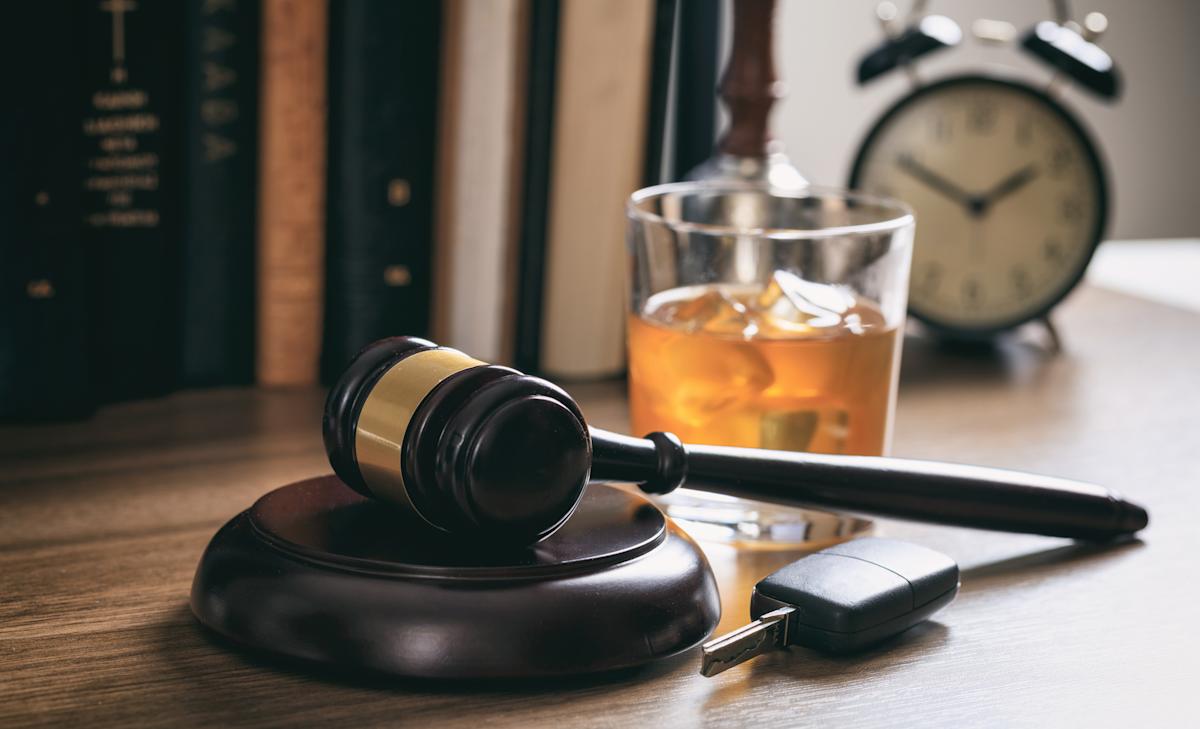Introduction
In the realm of legal battles, a criminal defense lawyer stands as a guardian, navigating the complexities of the justice system to ensure fair representation for individuals accused of crimes. Understanding the role and significance of these legal professionals is crucial in appreciating the nuances of criminal defense.
Roles and Responsibilities
Legal consultation is the first step where a criminal defense lawyer assesses the case’s merits. Following this, an in-depth investigation is conducted to gather evidence and build a robust defense strategy. These professionals play a vital role in shaping the narrative and presenting a compelling defense during court proceedings.
Qualities of a Good Criminal Defense Lawyer
A criminal defense lawyer should possess a combination of legal expertise, effective communication skills, and analytical thinking. These qualities enable them to navigate the intricacies of the legal system and advocate for their clients effectively.
Criminal defense lawyers play a crucial role in the justice system, serving as advocates for individuals accused of crimes. They are responsible for ensuring that their clients receive a fair trial, protecting their rights, and navigating the complex legal landscape. These attorneys meticulously analyze evidence, develop defense strategies, and negotiate with prosecutors to achieve the best possible outcomes for their clients. In addition to representing individuals in court, criminal defense lawyers provide vital support during investigations and plea negotiations, making their expertise essential in the criminal justice process. Their commitment to upholding the principle of “innocent until proven guilty” underscores the importance of their work in safeguarding individual freedoms.
Common Types of Criminal Cases
From assault and battery to theft and drug offenses, criminal defense lawyers handle a wide array of cases. Understanding the nuances of each crime is essential for crafting a defense tailored to the specific circumstances of the case.
The Legal Process
Navigating the legal process involves multiple stages, including arrest and booking, arraignment, and trial proceedings. A criminal defense lawyer guides their clients through each step, ensuring their rights are protected and advocating for a fair trial.
Benefits of Hiring a Criminal Defense Lawyer
Beyond protection of rights, these legal professionals excel in negotiating plea deals and leveraging their courtroom experience. Hiring a criminal defense lawyer significantly increases the chances of a favorable outcome for the accused.
Challenges in Criminal Defense
While criminal defense lawyers play a crucial role, they often face challenges in public perception and managing stressful situations. Balancing professionalism and empathy is a delicate task that requires finesse.
Criminal defense lawyers employ a range of legal strategies employed by criminal defense lawyers to protect their clients and achieve favorable outcomes in criminal cases. One of the primary tactics is challenging the prosecution’s evidence, questioning its credibility, legality, or sufficiency to meet the burden of proof. Defense attorneys may also file motions to suppress illegally obtained evidence, such as that acquired through unlawful searches or seizures, to weaken the prosecution’s case. Another key strategy involves raising reasonable doubt by pointing out inconsistencies or contradictions in the evidence, discrediting witnesses, or presenting alternative explanations for the events in question. In cases where the evidence against the defendant is strong, defense lawyers might pursue plea negotiations, seeking reduced charges or a lesser sentence in exchange for a guilty plea. Additionally, defense attorneys may argue mental health defenses to show that the defendant lacked the intent or capacity to commit the crime. The strategic use of expert witnesses—such as forensic or psychological experts—can also be instrumental in challenging the prosecution’s narrative or supporting the defendant’s version of events.
Legal Ethics in Criminal Defense
Upholding legal ethics is paramount in criminal defense, with a focus on maintaining confidentiality, providing zealous representation, and upholding the rule of law. These principles form the foundation of a just legal system.
Trends in Criminal Defense
Technological advancements, evolving legal precedents, and changing societal norms impact the landscape of criminal defense. Staying abreast of these trends is essential for lawyers to adapt and provide effective representation.
Case Studies
Examining landmark cases and successful defense strategies provides valuable insights into the legal strategies employed by criminal defense lawyers. Learning from past experiences contributes to continuous improvement within the legal profession.
How to Choose the Right Criminal Defense Lawyer
Researching and reading reviews, engaging in a thorough consultation process, and trusting one’s instincts are key factors in selecting the right criminal defense lawyer. Compatibility and a solid attorney-client relationship are crucial for a successful defense.
The Future of Criminal Defense
As technology continues to advance and legal reforms shape the landscape, the future of criminal defense is dynamic. Criminal defense lawyers play a pivotal role in influencing positive changes and reshaping public perception of the legal profession.
Conclusion
In conclusion, criminal defense lawyers are unsung heroes in the pursuit of justice. Their multifaceted roles, ethical considerations, and adaptability to emerging trends contribute to the safeguarding of individual rights within the legal system. Seeking legal counsel is not just a right; it is a crucial step towards ensuring a fair and just legal process.



